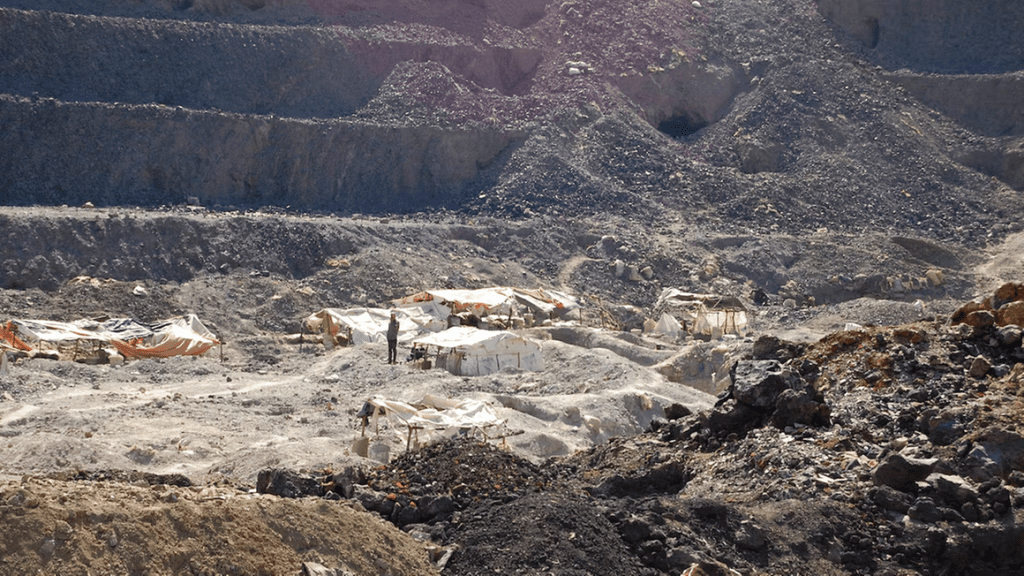In the Democratic Republic of Congo (DRC), smuggling has been a topic of discussion for years, and recent reports have confirmed its widespread impact. Numerous rebel groups operating in the eastern region have been sustained by profits from smuggled minerals and timber.
This week, the United States expressed its concerns, stating that the illegal trade hampers efforts to control the flow of arms into the conflict zones. This isn’t the first time such connections have been made; a United Nations panel and various human rights organizations have highlighted the link between the illicit mineral trade and ongoing violence.
“The US is concerned about how the illegal trade and exploitation of certain minerals, such as gold and tantalum, are financing the conflict in the African Great Lakes region,” the US government noted. They emphasized that significant quantities of Congolese minerals are being exported, often with the backing of armed groups and corrupt security forces.
The minerals typically leave the DRC via Rwanda and Uganda before reaching major refining countries, contributing to a network of exploitation and corruption. Previously, Rwandan President Paul Kagame acknowledged that Rwanda is part of the smuggling route but pointed fingers at Western traders who create demand for these illegally sourced resources.
For nearly 25 years, the intertwined issues of smuggling, armed conflict, and illegal weapons trading have persisted in eastern DRC, making the prospect of resolving these issues seem bleak. The DRC continues to struggle with local and foreign armed groups that operate in vast, insecure areas, often where government presence is minimal.
The situation is further complicated by the fact that artisanal mining, which provides livelihoods for many, is legal in the DRC. Current mining laws allow operators to join cooperatives for mining rights, but insecurity has made management difficult in the eastern regions.
The US also expressed concern about human and labor rights violations associated with mineral extraction, including forced labor and child exploitation, particularly in artisanal mining areas.
In June 2021, the DRC and Rwanda signed an agreement to jointly exploit gold in a bid to cut off revenue streams for armed groups. However, this collaboration has since stalled due to disagreements over the sponsorship of the M23 rebel group, now classified as a terrorist organization by Kinshasa.
As fighting escalates again, illicit mining and trade continue to thrive, creating a cycle of violence and instability. The US government has noted an increase in control over key mining areas by armed groups, complicating the situation further.
The DRC, a leading producer of tantalum—considered a critical resource by US authorities—has attempted to curb illegal mining through legal avenues. The government has engaged lawyers to take action against companies like Apple, accusing them of profiting from illegally sourced minerals.
Government spokesman Patrick Muyaya stated that legal action aims to hold corporations accountable for benefiting from the illegal mineral trade. He emphasized the need for accountability and transparency regarding the sources of these minerals.
While the DRC has expressed disappointment over the lack of lasting cooperation with Rwanda, it continues to explore various strategies for peace. In addition to legal measures, diplomatic efforts are underway, including a recent US-brokered humanitarian truce between Rwanda and the DRC.
Foreign Affairs Minister Thérèse Kayikwamba Wagner stated that while the truce offers a hopeful path toward peace, vigilance remains essential as the region grapples with its long history of conflict




















